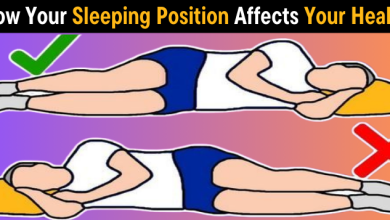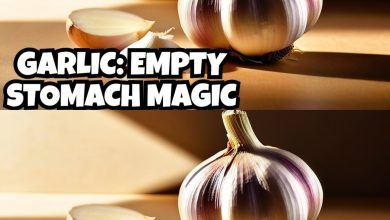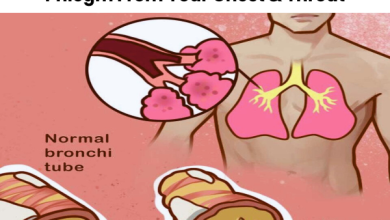Dr. Joseph Salhab recently explained this process, which isn’t caused by food moving instantly through your digestive system but by signals sent between your brain and your stomach. But what can you do to manage this reflex, especially if you have Irritable Bowel Syndrome (IBS)? Well, we wrote about it here, but here are some great foods and supplements to help manage these symptoms, along with other helpful tips like trying the FODMAP diet and incorporating aloe vera with water.
1. Low-FODMAP Foods

For people with IBS or who are more sensitive to the gastrocolic reflex, a low-FODMAP diet can be incredibly beneficial. FODMAPs are specific carbohydrates that are hard to digest and can worsen symptoms like bloating, cramping, and diarrhea. The diet eliminates certain carbohydrates that are difficult for the body to digest, which can trigger symptoms like diarrhea and cramping. Foods like oats, quinoa, carrots, and spinach are easy on the digestive system and can help reduce post-meal trips to the bathroom. This diet can help “reduce the strength of the contractions in the colon” for those with IBS, according to Dr. Salhab.
2. Bananas

Bananas are one of the best foods for soothing the digestive system. They are high in soluble fiber, which helps bulk up stool and regulate bowel movements. Additionally, bananas help replenish electrolytes, especially potassium, which is essential for proper digestive function. Eating a banana can help manage sudden urges to use the bathroom by providing a calming effect on the gut.2
3. Ginger

Ginger has long been known for its soothing properties when it comes to digestion. Ginger can help alleviate cramping and discomfort after eating, particularly for those with IBS. It works by calming the digestive system and reducing inflammation, which can make the gastrocolic reflex less severe. Incorporating ginger into your meals or sipping on ginger tea after eating can help ease digestive issues.
4. Plain Yogurt (With Probiotics)

Eating plain yogurt that contains live probiotics can help improve gut health. Probiotics are beneficial bacteria that help balance your digestive system and can reduce the symptoms of IBS. By supporting a healthy gut microbiome, yogurt helps your body manage the reflex more effectively, so you’re less likely to feel the need to rush to the bathroom after meals.
5. Aloe Vera with Water

Aloe vera has soothing properties that can benefit the digestive system. Drinking aloe vera with water can help regulate bowel movements and soothe inflammation in the gut. It’s a natural remedy often recommended for those with IBS or chronic digestive issues. Adding a small amount of aloe vera to water and drinking it before meals can help prevent the urge to go right after eating.
6. Psyllium Husk Supplements

One of the best supplements for supporting digestion is psyllium husk, a form of soluble fiber. Psyllium helps bulk up stool and promotes regularity, which can prevent the urgency associated with the gastrocolic reflex. Taken before meals, this supplement can help regulate bowel movements and reduce the severity of the reflex.
7. Magnesium Citrate

If constipation is part of your problem, magnesium citrate can help by relaxing your intestinal muscles and promoting smoother bowel movements. It helps regulate the digestive system, especially during IBS, allowing you to avoid sudden urges after eating. Taken in the right dosage, magnesium citrate can balance your system without causing diarrhea.
8. Digestive Enzyme Supplements

Digestive enzyme supplements can help break down food more efficiently, reducing the stress on your gut. They are particularly useful for those who suffer from food intolerances, which can trigger the gastrocolic reflex. These enzymes work by helping your body digest fats, proteins, and carbohydrates more effectively, reducing the urgency to use the bathroom.
9. Probiotic Supplements

While probiotic-rich foods are helpful, probiotic supplements can offer an extra boost to your gut health. They introduce beneficial bacteria that help your digestive system function properly, reducing the chances of post-meal bathroom trips. Regular intake of probiotics has been shown to alleviate symptoms of IBS, such as cramping and diarrhea, that often follow meals.
Conclusion

Needing to rush to the bathroom right after a meal is more common than you might think, and it often has to do with the gastrocolic reflex in IBS. By understanding how your body responds to food and adjusting your diet, you can help manage this reflex more effectively. Incorporating low-FODMAP foods, soothing remedies like aloe vera, and beneficial supplements can all help you take control of your digestive health and reduce the urgency to go right after meals.







